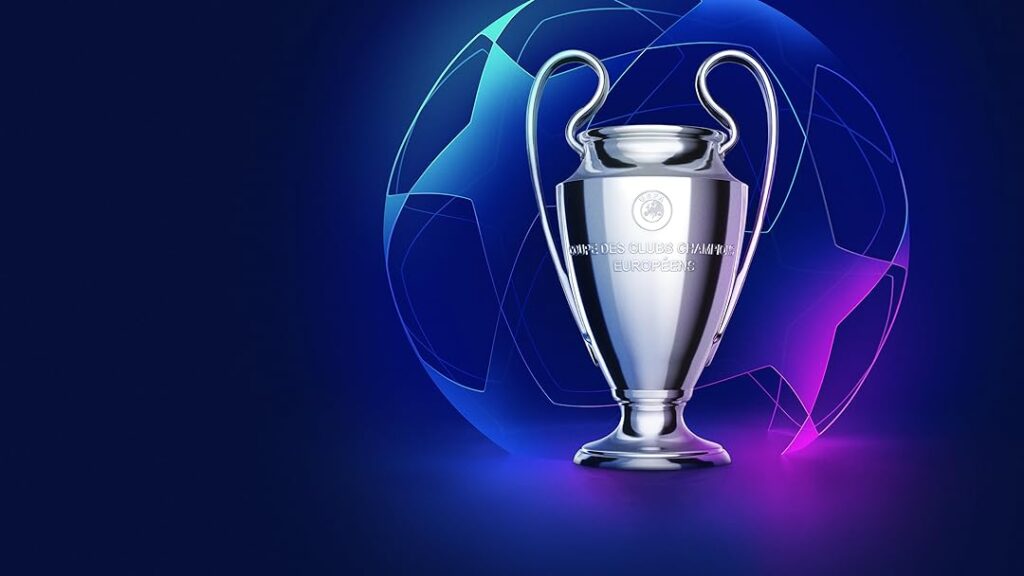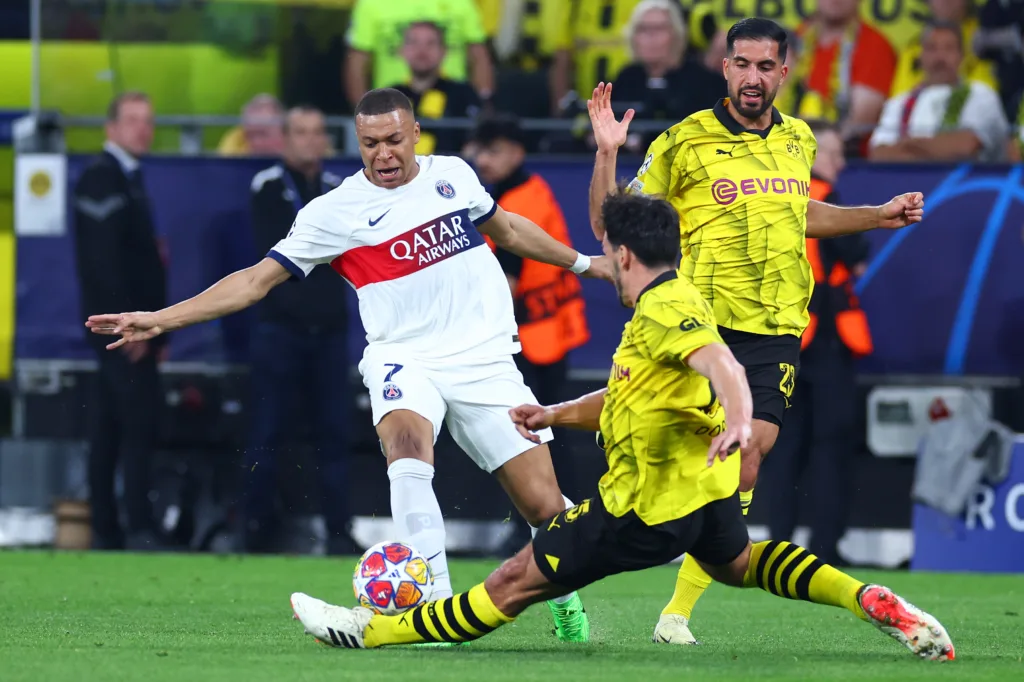The UEFA Champions League, originally known as the European Champion Clubs’ Cup, traces its origins back to 1955 when it was established as a continental competition for the top football clubs in Europe.
Real Madrid emerged as the inaugural winners of the tournament in 1956, defeating Stade de Reims in the final. This victory marked the beginning of Real Madrid’s dominance in the early years of the competition, winning the first five editions consecutively.
In 1992, the tournament underwent a significant transformation with the rebranding as the UEFA Champions League. This change aimed to broaden the scope of the competition beyond just league champions, allowing multiple clubs from each country to participate based on their domestic league performance.
The Champions League expanded further in 1997 with the introduction of group stages, replacing the straight knockout format that had been in place since its inception. This alteration increased the number of matches and provided more opportunities for clubs to showcase their talent on the European stage.
The new millennium brought increased commercialization and globalization to the Champions League, with broadcasting rights becoming a significant revenue stream for UEFA and participating clubs. This period also saw the emergence of powerhouse clubs like Manchester United, Barcelona, and Bayern Munich, each enjoying periods of dominance.
The final of the 2004-2005 Champions League season between Liverpool and AC Milan is often cited as one of the most memorable in the competition’s history. Liverpool staged a remarkable comeback from 3-0 down at halftime to eventually win on penalties, capturing their fifth European title.
The tournament continued to evolve in the following years, with technological advancements and financial investments leading to higher quality matches and increased competitiveness among participating teams. The rise of footballing superstars like Lionel Messi, Cristiano Ronaldo, and Neymar added further glamour to the competition.
In 2019, Liverpool claimed their sixth Champions League title by defeating fellow English side Tottenham Hotspur in the final held in Madrid. This victory solidified Liverpool’s status as one of the most successful clubs in the history of the tournament.
The COVID-19 pandemic in 2020 forced UEFA to suspend the Champions League temporarily, leading to the implementation of a modified format for the latter stages of the competition. Matches were played in a condensed schedule and without spectators to mitigate the spread of the virus.
Despite the challenges posed by the pandemic, Bayern Munich emerged as the champions of the 2019-2020 season, defeating Paris Saint-Germain in the final to secure their sixth European title. The victory capped off a remarkable campaign for Bayern, who showcased their dominance both domestically and internationally.
The 2020-2021 Champions League season saw a return to a more traditional format, albeit with some adjustments to scheduling and logistical arrangements due to ongoing pandemic concerns. The competition continued to captivate football fans worldwide, with thrilling matches and memorable moments throughout the tournament.
In May 2021, Chelsea emerged as the champions of Europe for the second time in their history, defeating Manchester City in an all-English final held in Porto, Portugal. Kai Havertz’s first-half goal proved to be the difference as Chelsea secured a hard-fought 1-0 victory to claim the prestigious trophy.
The UEFA Champions League remains the pinnacle of club football, attracting the best players and teams from across the continent to compete for glory and eternal prestige. With its rich history and continued popularity, the tournament is sure to captivate football fans for generations to come.







